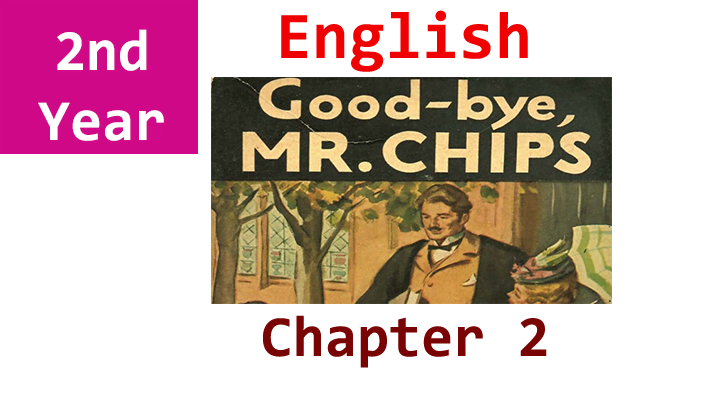Chapter 2 of “Goodbye, Mr. Chips” provides a background on Brookfield, the school where the protagonist, Mr. Chipping (known as Chips), spends much of his teaching career. The chapter describes Brookfield as an old institution established during the reign of Elizabeth I. The school has experienced fluctuations in its fortunes, with periods of decline and resurgence. Wetherby, who arrived in 1840, played a role in restoring the school’s prosperity.
The chapter outlines Brookfield’s status as a good school of the second rank, with support from notable families and a diverse output of graduates, including judges, members of Parliament, colonial administrators, and others. Despite not achieving front-rank status, the school had a respectable reputation, acknowledged even by those with snobbish tendencies.
The narrative then shifts to Mr. Chipping, or Chips, who, in both social and academic aspects, is described as respectable but not particularly brilliant. The chapter explores Chips’ early ambitions, detailing his dream of achieving a headship or senior mastership in a top-tier school. However, over time, Chips realizes the limitations of his qualifications, including an average degree and somewhat inconsistent disciplinary skills. With no private means or significant family connections, Chips acknowledges the challenges in achieving his ambitious career goals. The chapter suggests that Chips comes to terms with his situation around 1880, approximately a decade after he begins his tenure at Brookfield.

